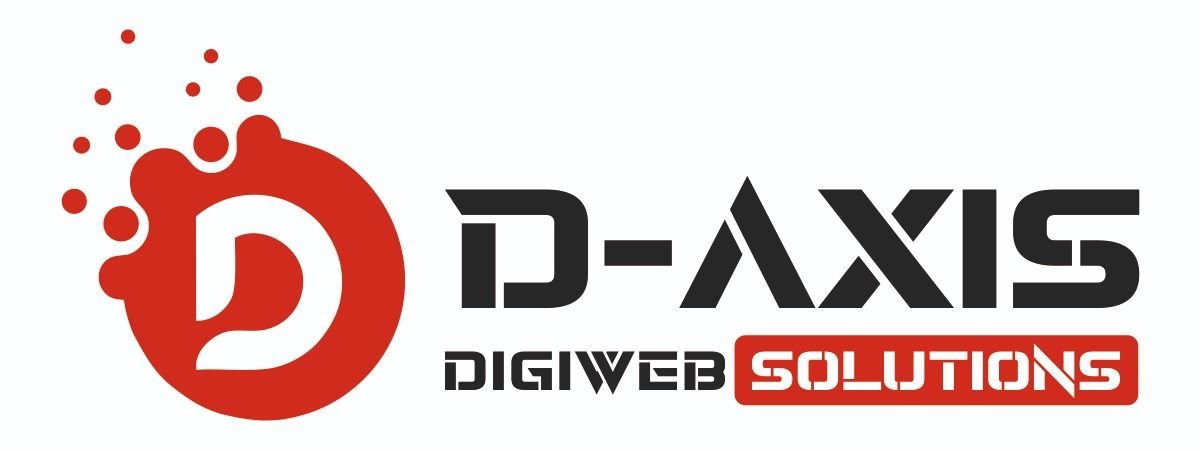
Cloud Data Engineer Overview
A Cloud Data Engineer is responsible for designing, implementing, and maintaining data solutions in the cloud environment. They work with various data storage and processing technologies, ensuring data integrity, scalability, and availability. Their tasks include data ingestion, transformation, and storage, as well as building data pipelines and optimizing data workflows. Cloud Data Engineers collaborate with cross-functional teams to support data-driven decision-making and enable efficient data analytics and reporting.
Key Skills :
Data Engineering: Proficiency in designing and implementing data architectures, data pipelines, and ETL/ELT processes. Strong knowledge of data modeling, data warehousing, and data integration techniques.
Cloud Technologies: In-depth understanding and hands-on experience with cloud platforms such as Amazon Web Services (AWS), Microsoft Azure, or Google Cloud Platform (GCP). Familiarity with cloud-based data storage, compute, and analytics services.
Programming and Scripting: Proficiency in programming languages like Python, Java, or Scala, as well as scripting languages like SQL or Shell. Ability to write efficient code for data processing, automation, and orchestration tasks.
Big Data Technologies: Experience with big data frameworks and tools such as Apache Hadoop, Apache Spark, or Apache Kafka. Knowledge of distributed computing and parallel processing concepts.
Data Visualization and Reporting: Familiarity with data visualization tools like Tableau, Power BI, or QlikView. Ability to create insightful dashboards and reports to facilitate data-driven decision-making.
Database Management: Understanding of relational and NoSQL databases, along with their management and optimization. Proficiency in SQL for data manipulation, querying, and performance tuning.
Data Security and Compliance: Knowledge of data security best practices, data privacy regulations, and compliance frameworks like GDPR or HIPAA. Ability to implement data encryption, access controls, and data governance policies.
Collaboration and Communication: Strong teamwork and communication skills to collaborate effectively with cross-functional teams, data analysts, and stakeholders. Ability to articulate technical concepts to non-technical audiences.
Problem-solving and Troubleshooting: Analytical mindset and problem-solving skills to identify and resolve data-related issues, optimize data workflows, and improve overall data quality and performance.
Continuous Learning: The field of cloud data engineering is constantly evolving, so a passion for learning new technologies, frameworks, and best practices is essential to stay up-to-date with the latest trends and advancements.
Why we need to hire to Cloud Data Engineer
Expertise in Cloud Data Solutions: A Cloud Data Engineer possesses specialized knowledge and experience in designing, implementing, and optimizing data solutions in the cloud environment. They are well-versed in cloud platforms, technologies, and best practices, enabling them to leverage the full potential of cloud services for data management and analytics.
Efficient Data Processing: Cloud Data Engineers have the skills to design and build scalable data pipelines, ensuring efficient data processing and analysis. They can optimize data workflows, automate data ingestion and transformation processes, and implement techniques for real-time or batch data processing, resulting in faster and more accurate insights.
Data Integrity and Security: With their understanding of data security and compliance, Cloud Data Engineers can implement robust data governance practices, encryption mechanisms, and access controls to protect sensitive data. They ensure data integrity and enforce data quality standards, minimizing the risk of data breaches or unauthorized access.
Cost Optimization: Cloud Data Engineers can help organizations optimize costs associated with data storage, processing, and analytics. They can recommend and implement cost-effective data storage solutions, leverage serverless computing for efficient resource utilization, and utilize cloud-native services to avoid unnecessary infrastructure expenses.
Data-driven Decision-making: By enabling efficient data analytics and reporting, Cloud Data Engineers empower organizations to make data-driven decisions. They ensure that data is available, accessible, and presented in a meaningful way through visualizations and reports, enabling stakeholders to gain valuable insights and drive business strategies.
Scalability and Flexibility: Cloud Data Engineers understand how to design data solutions that can scale seamlessly as data volumes and processing requirements grow. They leverage cloud technologies' elasticity and flexibility, allowing organizations to adapt and expand their data infrastructure according to evolving business needs.
Collaboration and Efficiency: Cloud Data Engineers work closely with data analysts, data scientists, developers, and other stakeholders. Their ability to collaborate and communicate effectively bridges the gap between technical and non-technical teams, facilitating smooth data operations and promoting a data-driven culture within the organization.
Our Client
Trusted clients rely on our expertise to provide them excellent services for their recruitment needs.




